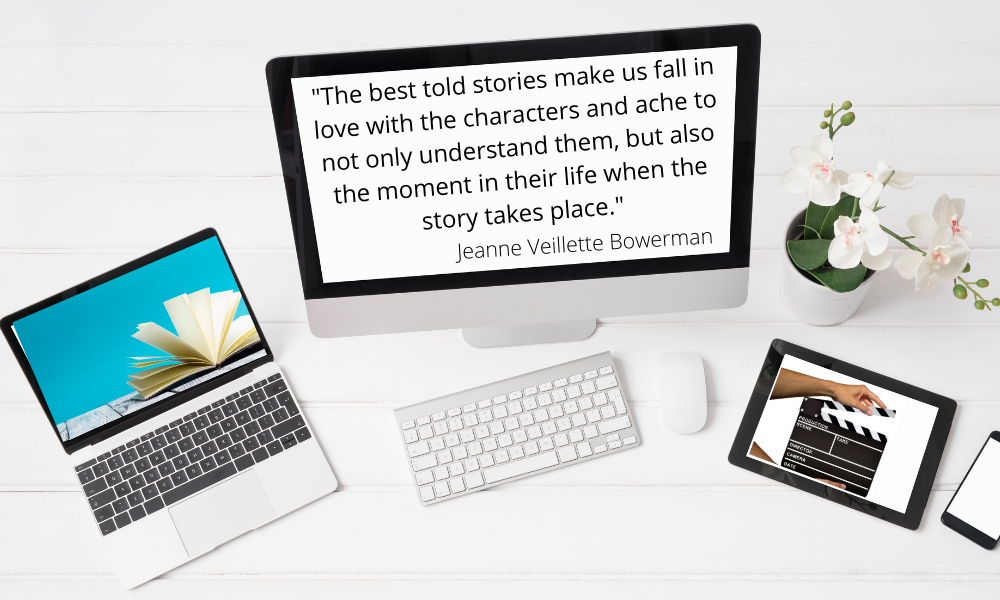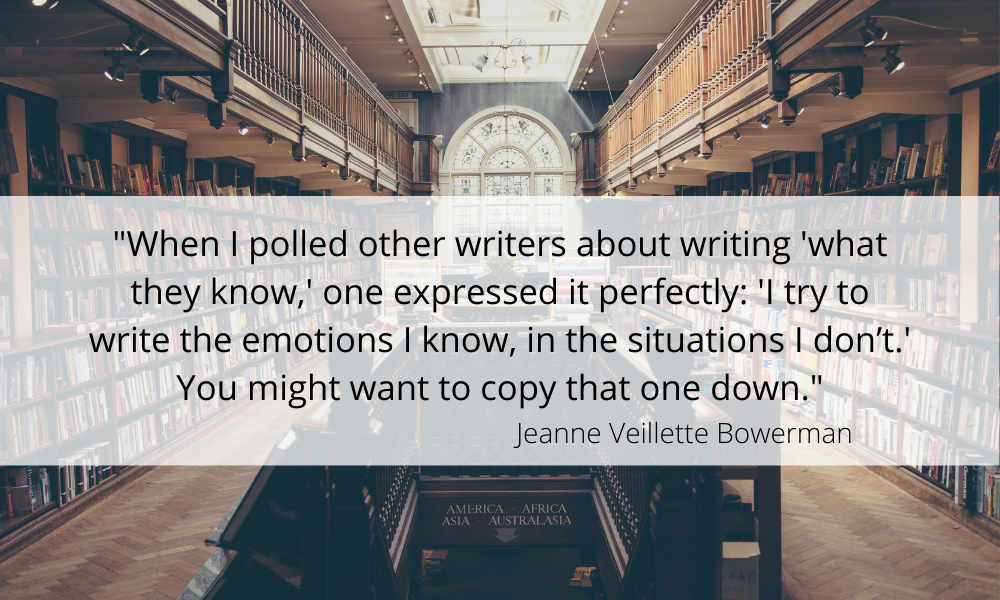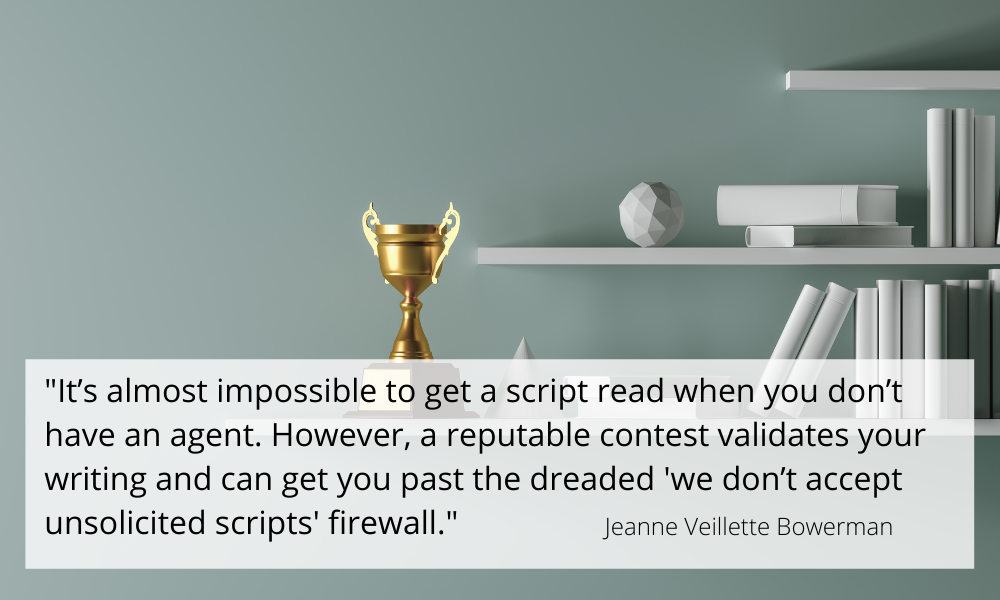Interview: Pay It Forward’s Leslie Dixon
Prolific, yet humble, Leslie Dixon continues to make her mark.
With credits like the Thomas Crown Affair, Mrs. Doubtfire, Overboard and, now, Pay It Forward to her name, it's no wonder that Leslie Dixon is one the most sought after screenwriters in Hollywood. But when she looks back at her impressive body of work, she isn't too, well, impressed.
"All I see are flaws, mistakes and missed opportunities," Dixon says. "And all I want in the world is to do better than I've done."
Dixon first caught Hollywood's attention with her 1987 hit, Outrageous Fortune, which also happened to be her first solo screenplay. But that's not to say she didn't pay her dues.
"I had many years of struggling, but they weren't in the entertainment industry," she says. "They were like teaching word processing in a law firm and things like that. Once I developed a focus on exactly what I wanted to do and moved to L.A., it happened in a fairly lucky and quick way.
"But I was monomaniacal and obsessive too. A lot of people move to Los Angeles with this idea that, 'Maybe I'll be an actor. Maybe I'll be a director. Well, maybe I'll be a writer.' You need to know exactly which of those things you want to do and blot out all else in your life—which in my case included things like guitar-player boyfriend, having fun, sleep..."
Dixon's success also puts to rest any theorys that an ivy league diploma is necessary to make it as a screenwriter. Instead of college degree, she came to Hollywood with only a "specific dreamy goal of becoming a screenwriter."
But after a 10-year hot streak writing comedies, Dixon suddenly found herself with a new goal: dramas—the fruits of which are just beginning to hit theaters (think Pay It Forward).
"I just got written out in comedy," she says. "You know how some African tribes are afraid to have their pictures taken because they believe it takes a piece of your soul, well I began to be afraid that I only had a limited amount of humor, and that every time I wrote a comedy screenplay, some of that finite amount of humor would be used up until there was nothing left."
After years of building a solid reputation as a comedy writer, Dixon knew that getting the industry to take her seriously as a dramatic writer wouldn't be easy. Eager to prover herself, she began adapting an Edith Wharton novel. And while the adaptation's future as a feature film is still uncertain, the work did earn Dixon the credibility she was looking for.
"Because of that script, I got Thomas Crown. And because of that script, I got Pay It Forward. I never never would have gotten those jobs if I hadn't just gone out on a limb and tried something different."
Not only was the Wharton screenplay Dixon's first foray into the dramatic, it was also her first serious adaptation, which proved to be anther eye-opening experience.
"If I had to spend the rest of my life writing original screenplays or adaptations, I can tell you which one I'd pick," she says. "Adaptations are easier, and anyone who says otherwise is a big fat liar because you're starting with something. You end up changing it a lot, you end up inventing, restructuring—no screenplay is easy—but somebody did hand you a premise and maybe a few characters; that's already ahead of the blank page and the blank mind."
Of course, not all books are right for film. Dixon says she regularly reads novels searching for material that is suitable for the big screen transformation.
"Some books, like Gone With the Wind or Silence of the Lambs, have a movie in them screaming to get out. Other books, the movie has to be dug out with a pickaxe. Still, other books really don't have a movie in them at all, despite valiant attempts by talented people to write them, like Angela's Ashes or Beloved—both of which are noble, noble efforts."
When it came to Catherine Ryan Hyde's novel, Pay It Forward, though, Dixon says she knew as soon as she read it that it was a project she just "had to do."
And with that endeavor only few months old in theaters, Dixon's already wrapping up several other projects, including an animated tiger movie for DreamWorks and a remake of 1945's Vacation From Marriage, a project she conceived of herself.
"When you're at a certain level as a writer, you can get all the work you want, but will it really be made into a film, and will it be made into a good film—that's where your own initiative really comes in," she says.
"No matter how successful you are, generating your own jobs is going to help keep up the quality of what you do and you enthusiasm and passion—which is going to lead to better work, as opposed to 'All right, I guess I'll take the million dollars and do this piece of shit.' I don't want to tell you how many people out there are like that."
This article appeared in the August 2000 issue of Scriptwriting Secrets.









